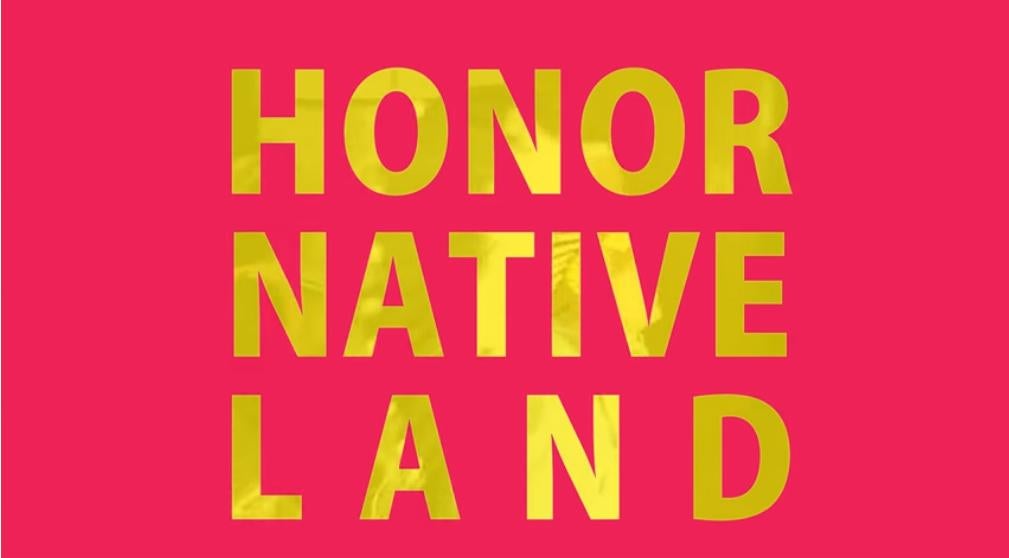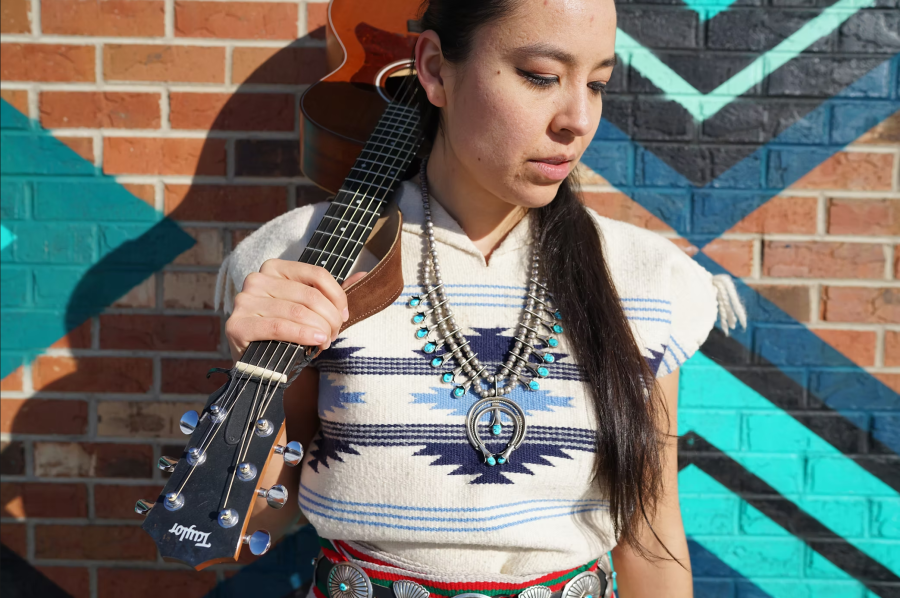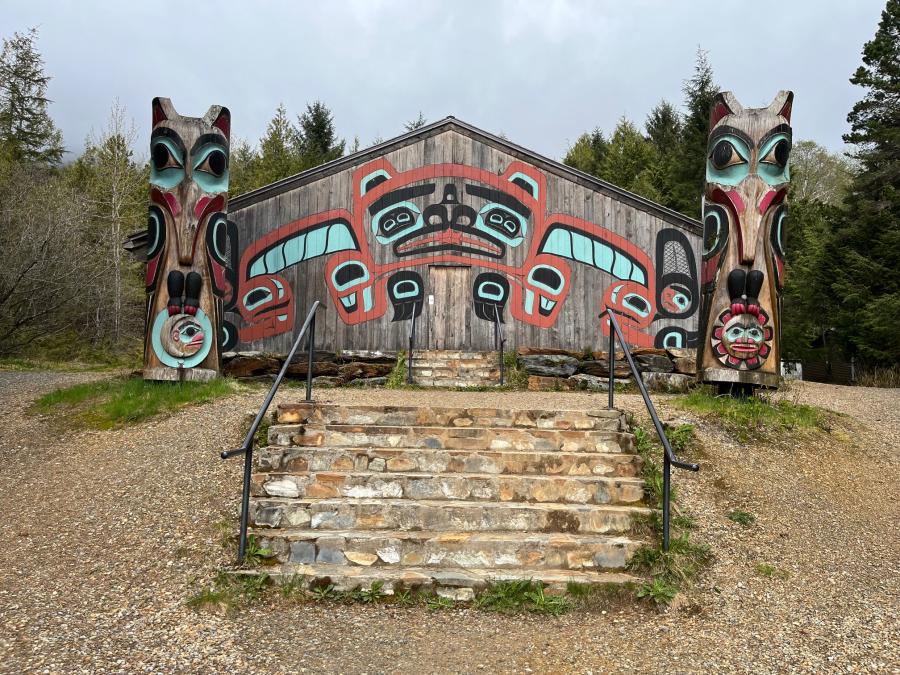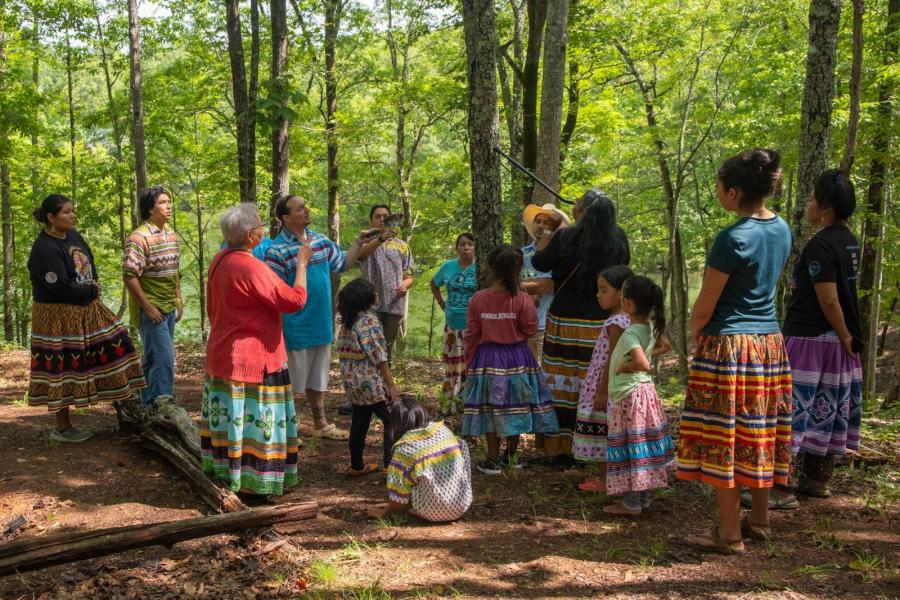
By Kim Maida
The U.S. Department of Arts and Culture (USDAC) launched a new campaign called Honor Native Land in October 2017 that calls on individuals and organizations “to open all public events and gatherings with an acknowledgment of the traditional Native inhabitants of the land.” Whether it be in a conference setting, classroom, place of worship or sports stadium, the practice of honoring the historic relationship Indigenous Peoples have with the land is a crucial step in the process of decolonization and reconciliation. It’s an act of respect toward Native peoples who have lived and continue to live on their land despite centuries of dispossession and oppression. According to the USDAC website, 75 organizations have already signed the pledge to make acknowledgment a regular practice including arts organizations, non-profits and educational institutions.
The USDAC notes that acknowledgment is an important way to prevent the perpetuation of distorted history, it’s “a simple, powerful way of showing respect and a step toward correcting the stories and practices that erase Indigenous people’s history and culture and toward inviting and honoring the truth.” It’s also seen as a way of exposing people, some for the first time, to the traditional inhabitants of the land they live on and interact with every day, therefor paving a way toward greater understanding of Native sovereignty and cultural rights. Acknowledgment is intended to be a first step in addressing past injustices that when paired with “authentic relationships and informed action” can lead to legitimate change.
In Canada, Australia, and New Zealand, acknowledgment is not only common but is mandated by policy. In 2016, Toronto Public Schools began opening school days with an acknowledgment of the Indigenous inhabitants of the area, showing their commitment to instilling this practice in younger generations. In the United States, some individuals and institutions have adopted this practice, but the vast majority have not. The Honor Native Land campaign seeks to make acknowledgment a regular practice at all public and private events to increase public awareness and ideally promote further action.
In partnership with Native allies and organizations including the Native Arts and Cultures Foundation and Indigenous Direction, the USDAC has created a guide that offers a step by step process of how to research, formulate and deliver an acknowledgment of traditional lands. The guide emphasizes the importance of thoroughly researching local Indigenous Peoples in the area before making any statements. Identifying who to acknowledge can be complicated because of the history of erasure that has occurred along with resettlement and federal recognition issues, for this reason the guide suggests one on one dialogue with Native communities first. This way any acknowledgements respect the wishes of how Indigenous Peoples want to be named.
A part of the campaign also includes using Native art that is downloadable on the USDAC website to acknowledge traditional lands. The posters designed by Native artists are customizable to include the Indigenous Peoples living in the area. To learn more about the practice of acknowledgement you can access the Honor Native Land Guide on the USDAC website here.



